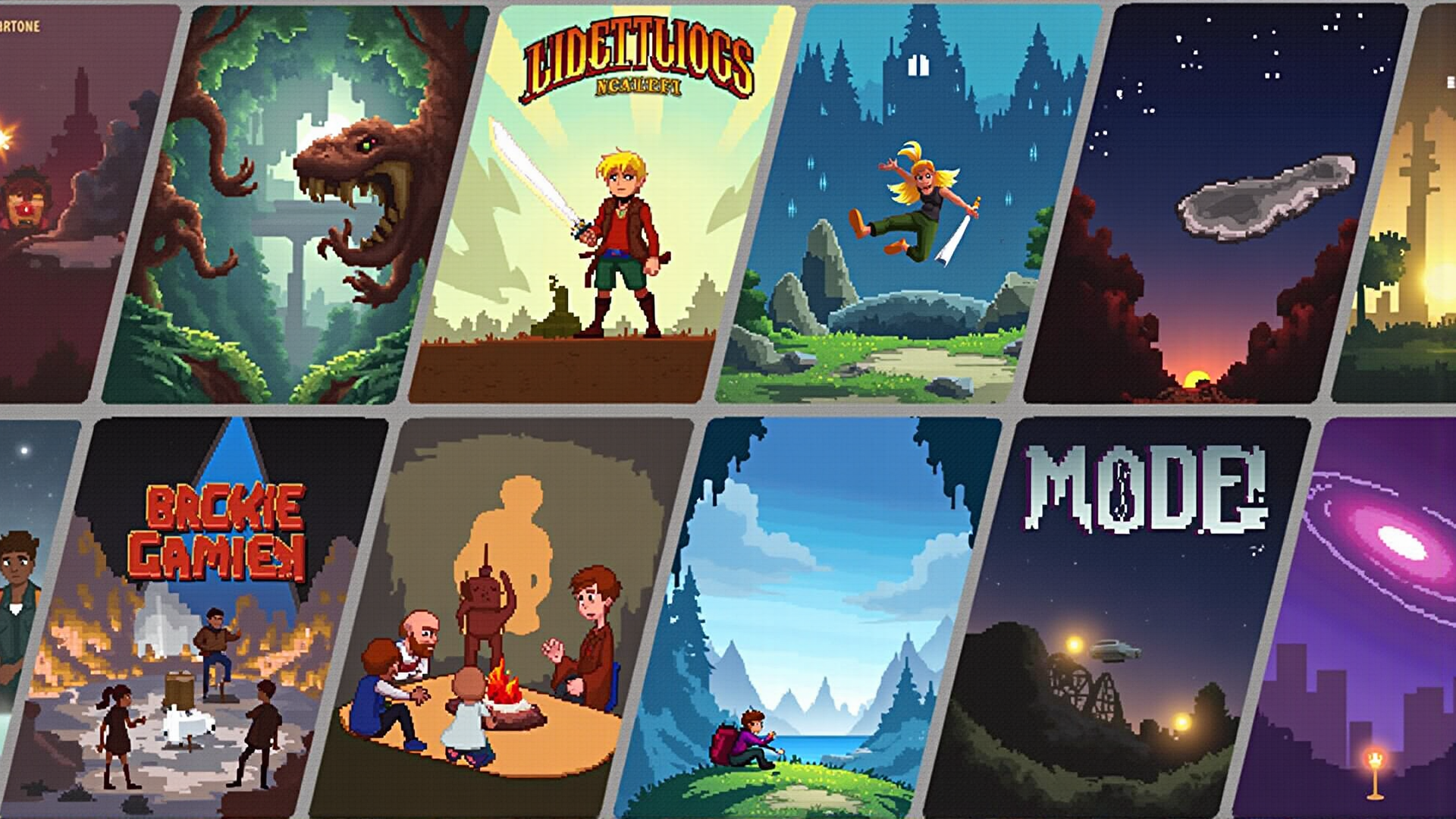In recent years, the gaming industry has witnessed a significant transformation, largely driven by the surge of indie games. As of 2024, indie games are not just a niche category; they are at the forefront of the gaming revolution, captivating audiences with their innovation, creativity, and unique storytelling.
The appeal of indie games lies primarily in their ability to break away from the traditional molds set by big-name developers. Without the constraints of major publishers, indie developers possess the freedom to experiment with unconventional ideas and push the boundaries of interactive storytelling. This flexibility allows them to address diverse themes and narratives that are often overlooked by mainstream gaming companies.
Moreover, technological advancements and accessible development tools have democratized game development, allowing smaller teams with limited resources to craft high-quality, engaging experiences. Platforms like Unity and Unreal Engine, coupled with digital distribution services such as Steam and itch.io, have empowered indie developers to create and publish their games to a global audience without the need for significant financial backing.
In 2024, some of the most talked-about indie games have captured players' imaginations by weaving innovative gameplay mechanics with compelling narratives. Titles that blend elements of puzzle solving, exploration, and emotional storytelling are gaining traction. These games often explore complex subjects such as mental health, existentialism, and cultural identity, resonating deeply with players and encouraging thoughtful engagement.
Another critical factor in the rise of indie games is the community-driven nature of the indie game space. Indie developers are known for their close-knit relationships with their audiences, often engaging with them through platforms like Discord, Reddit, and Twitter. This direct line of communication not only helps developers fine-tune their creations based on player feedback but also fosters a sense of belonging and collaboration within the gaming community.
Crowdfunding platforms such as Kickstarter and Patreon have also played a crucial role in supporting indie projects. By allowing gamers to contribute directly to the development of games they are passionate about, these platforms have helped many indie developers achieve their dreams without reliance on traditional funding avenues. As a result, players feel a personal investment in the games they support, further strengthening the bond between developers and their audience.
Furthermore, indie games have become a hotbed for innovation in game mechanics and design. With fewer limitations and more creative control, these developers have introduced novel concepts, such as procedurally generated worlds, meta-narratives, and genre-blending experiences, which have challenged traditional gameplay paradigms and set new standards within the industry.
Looking ahead, the continued rise of indie games is poised to shape the future of the gaming world profoundly. As more players seek experiences that offer depth, authenticity, and innovation, indie developers will remain at the forefront, challenging norms and redefining what is possible in interactive entertainment. With their unwavering commitment to creativity and storytelling, indie games are not just a trend but a lasting movement that will continue to impact and inspire the gaming landscape for years to come.
